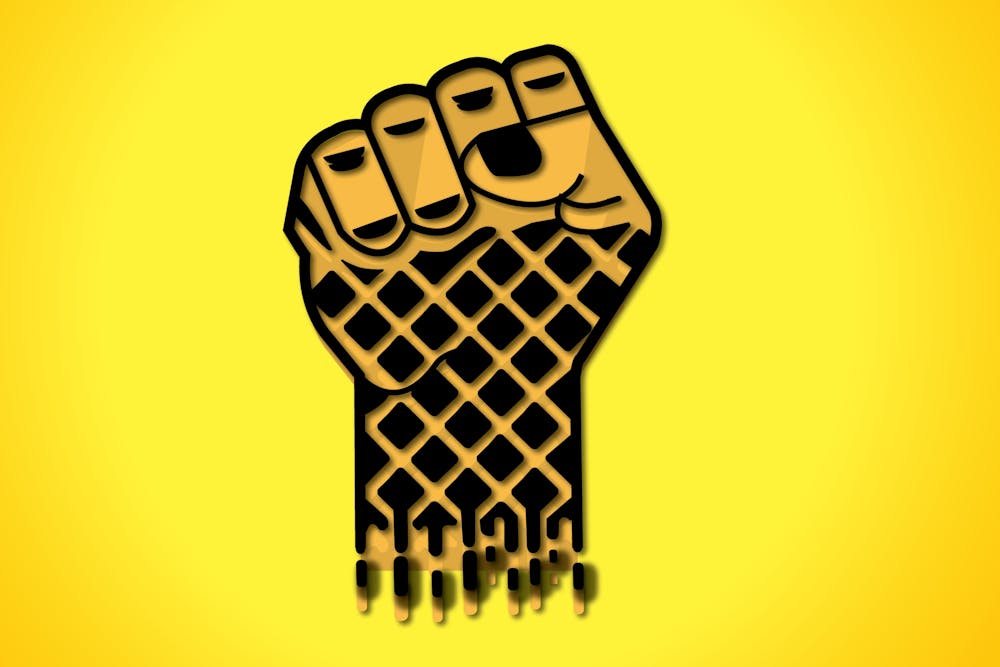On Sept. 16 an 18-year-old Waffle House employee in Laurinburg, N.C., was shot and killed during his shift. The tragedy brought attention to Waffle House workers across the South who have been engaged in a long-time struggle for safer working conditions.
Around 12:45 a.m., a customer became agitated and verbally abusive toward employees while his food was being prepared, according to a Laurinburg Police Department news release.
After exiting, he fired two shots toward the restaurant, striking Burlie Dawson Locklear. Locklear, who had recently graduated high school, died after being taken to the hospital.
“I read the story, and I cried,” Cindy Smith, a 30-year Waffle House waitress, said. “That innocent baby did not deserve to lose his life because that man wanted to be stupid. Waffle House should have had security in place. If they did, that baby would still be here.”
Soon after, Waffle House released a statement calling Locklear's death “an outrageous act of violence” and offering free counseling services to their employees. However, organizers say Waffle House has made no substantial effort to address the greater issue of workplace safety in their restaurants.
“It's sad to know that when you go into work, you're clocking in not knowing if you're gonna make it home to your family that afternoon, that morning or that night,” Smith said. “You shouldn't have to work like that; nobody should.”
‘Then take care of your family’
Smith is 50 years old and has worked at a Waffle House near Atlanta for 30 years. She remembers the events of one traumatic morning years ago, when she had to bring her 6-year-old son to work with her and he sat nearby while she worked. During the day, a man reentered the store after receiving his order and Smith asked if there was anything she could help him with. In response, she said he pulled out a gun and demanded every penny in the register.
“I had tunnel vision,” Smith said. “All I could see was that pistol in my face, and all I could think was that my son was gonna witness his mother getting murdered in front of his face. If I don’t move fast enough, this man’s gonna pull this trigger.”




